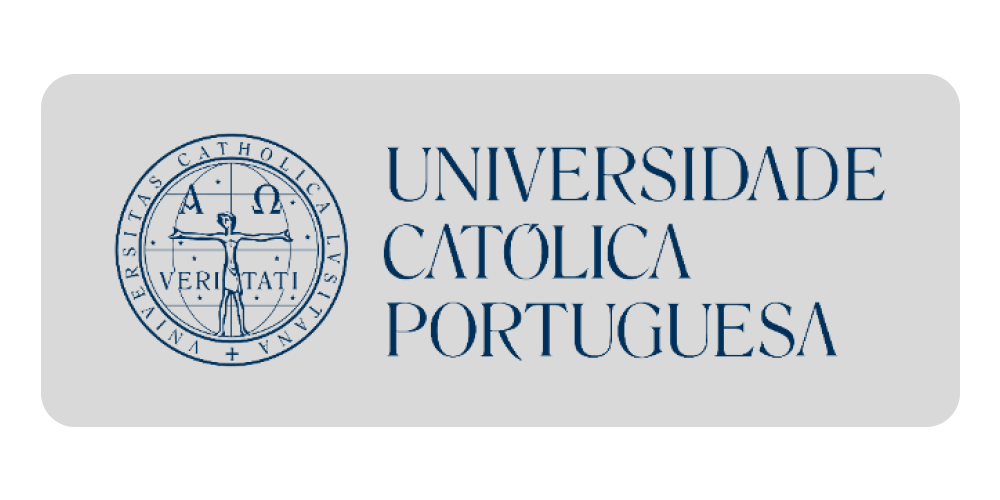'Croatian Institute of History (Hrvatski Institut za Povijest)'
The Trialist Reform of Austro-Hungary in Liberal Slovene Newspapers from Trieste and Gorizia
2021
Croatian
Rad predstavlja ideju federalizacije Habsburške Monarhije, točnije formiranja njezine treće državne jedinice prije Prvoga svjetskog rata kroz objave slovenskih liberalnih časopisa iz Trsta i Gorice. Autor iznosi širi kontekst u okviru kojega se koncept oblikovao, a zatim analizira komentare predmetnih časopisa o reakcijama različitih političkih skupina, njihovim ambicijama te nacionalnim tenzijama koje su se manifestirale u kontekstu rasprave o trijalizmu. Polazišna je teza da je trijalizam prije svega bio austrijski pokušaj uvođenja treće habsburške jedinice da bi se smanjila snaga Ugarske. Krajem 19. i na početku 20. stoljeća većina Slovenaca i Hrvata, uključujući i slovenske liberale iz Trsta i Gorice, podržavala je tu ideju radi vlastite političke emancipacije. S druge strane Mađari, Talijani, dio Nijemaca i Srbi u tom su konceptu vidjeli prijetnju vlastitim nacionalnim interesima. Daljnjim su razvojem ideje, uslijed austrijskih ambicija zadovoljavanja Talijana, Trst i Gorica izuzeti iz zamišljene treće jedinice, što je izazvalo napetosti i u hrvatsko-slovenskim odnosima i u slovenskoj političkoj sferi između liberala i konzervativaca. Slovenski tršćanski i gorički liberali počinju se okretati ideji širega federalizma, to jest prema Habsburškoj Monarhiji s više jedinica, a u kontekstu južnoslavenskih odnosa sve se više okreću prema srpskim državnim vizijama.Based on the liberal Slovenian newspapers from Trieste (Edinost) and Gorizia (Soča), the paper focuses on the idea of introducing the third state unit in the Habsburg Monarchy before the First World War. The author first presents the broader context in which the concept was formed and then analyses the comments of two newspapers on the reactions of various political groups, their ambitions, and the national tensions that arose in the context of discussing the proposed reform. The author argues that the trialist concept was, foremost, an Austrian attempt to federalize the Habsburg Monarchy in order to reduce the strength of Hungary. At the beginning of the 20th century, the majority of Slovenes and Croats, including the Slovene liberals from Trieste and Gorizia, supported this idea because it implied their political emancipation. On the other hand, Hungarians, Italians, German nationalists, and Serbs saw this concept as a threat to their own national interests. In the further development of the trialist concept, due to Austria’s ambitions to satisfy the Italians, Trieste and Gorizia were excluded from the imagined third unit, which led to tensions between the Slovenian liberals and conservatives, and in the Croatian-Slovenian relations as well. The Slovenian liberals from Trieste and Gorizia began to advocate the idea of a broader federalism, where the Habsburg Monarchy would have more than three federal units, while in the context of South Slavic relations they were inclined to Serbian state visions
'Croatian Institute of History (Hrvatski Institut za Povijest)'
The Trialist Reform of Austro-Hungary in Liberal Slovene Newspapers from Trieste and Gorizia
Rad predstavlja ideju federalizacije Habsburške Monarhije, točnije formiranja njezine treće državne jedinice prije Prvoga svjetskog rata kroz objave slovenskih liberalnih časopisa iz Trsta i Gorice. Autor iznosi širi kontekst u okviru kojega se koncept oblikovao, a zatim analizira komentare predmetnih časopisa o reakcijama različitih političkih skupina, njihovim ambicijama te nacionalnim tenzijama koje su se manifestirale u kontekstu rasprave o trijalizmu. Polazišna je teza da je trijalizam prije...
Preuzmite dokument
Croatian
2021
 Igor Ivašković
Igor Ivašković
'Croatian Institute of History (Hrvatski Institut za Povijest)'
Geopolitical Shift of Slovenian Liberal Circles in Primorska on the Eve of World War I
Autor analizira pisanje primorskih slovenskih liberalnih novina u vrijeme balkanskih ratova 1912. i 1913., prikazuje geopolitičke stavove toga političkoga kruga te ga smješta u širi kontekst sukoba različitih vizija jugoslavenstva. Specifičan položaj primorskih Slovenaca i geopolitičko značenje Trsta odrazili su se na naklonjenost toga dijela Slovenaca što širemu južnoslavenskom konceptu, koji je trebao biti poluga za slovensku političku emancipaciju. Isprva se taj dio Slovenaca zauzima za ujedinjenje...
Preuzmite dokument
Croatian
2020
 Igor Ivašković
Igor Ivašković






